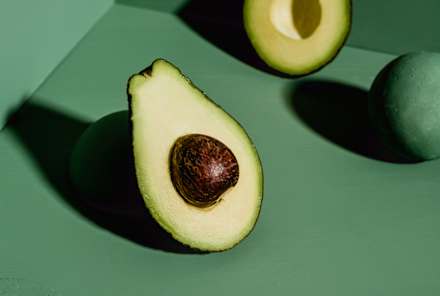Advertisement
The Healing Benefits of Kuzu Root

Roots are known to be the source of a plant’s energy and can occupy a special place in our diets. While other roots such as ginseng, burdock, beets and carrots are prized for their nutritional value, none comes close to kuzu (or kudzu).
What is kuzu?
Kuzu root (or kudzu), in particular, has been used by Eastern healers for almost 2,000 years. It's touted for its potential ability to quell digestive disturbances and calm the nerves. Kuzu is also noted for its high flavonoid composition and is gaining traction in the medical community for its ability to treat a variety of health concerns.
Kuzu root uses.
In its native land, kuzu has an excellent reputation as valuable in a number of significant ways.
A natural home remedy.
Kuzu root can be found in a couple different forms to treat a number of “everyday” ailments. Kuzu starch, specifically, is most commonly used to treat minor indigestion and the symptoms of the common cold. It may also be used as a remedy for constipation or to stimulate appetite.
Alternately, kuzu root can be found in herbal teas. Widely marketed as kakkon, this herbal tea frequently contains a variety of other herbs (typically ginger, licorice and cinnamon) that can be combined to target a variety of ailments.
A pharmaceutical alternative.
Modern medicine is catching on to all the hype and is using kuzu root, or its extracted flavonoid puerarin1, to reduce high blood pressure, regulate blood sugar, relieve chronic migraines and ease muscular tension. A few studies have even found that the consumption of flavonoids2 may reduce the risk cardiovascular and neurodegenerative diseases.
An ingredient in cooking.
Now to the important stuff: food! Kuzu is unsurpassed as a thickening agent and can produce sparkling sauces, gloss soups, and provide a smooth texture to a wide variety of foods. Kuzu can even be dusted on vegetables or fish prior to frying to provide a light and crisp coating.
What's more, kuzu is most often utilized for its ability to help balance the acidity of sweets, and is commonly an ingredient in desserts such as puddings, pies, icing, and atop a variety of cakes. Kuzu’s superior jelling strength, taste, texture and healing attributes make it a great alternative to other natural starches such as arrowroot, and is healthier than processed corn and potato starches.
Simply adding crushed kuzu starch to fresh fruit and juice over low heat makes an amazing fruit sauce that will satisfy your sweet tooth, plus it's a healthier alternative to artificial sugars and syrups.
Bottom line.
Ancient herbal remedies such as kuzu are now gaining widespread acceptance in the medical community for various benefits and uses. By integrating natural remedies under the guidance of doctors, we can continue the pursuit of total health and wellness.



















